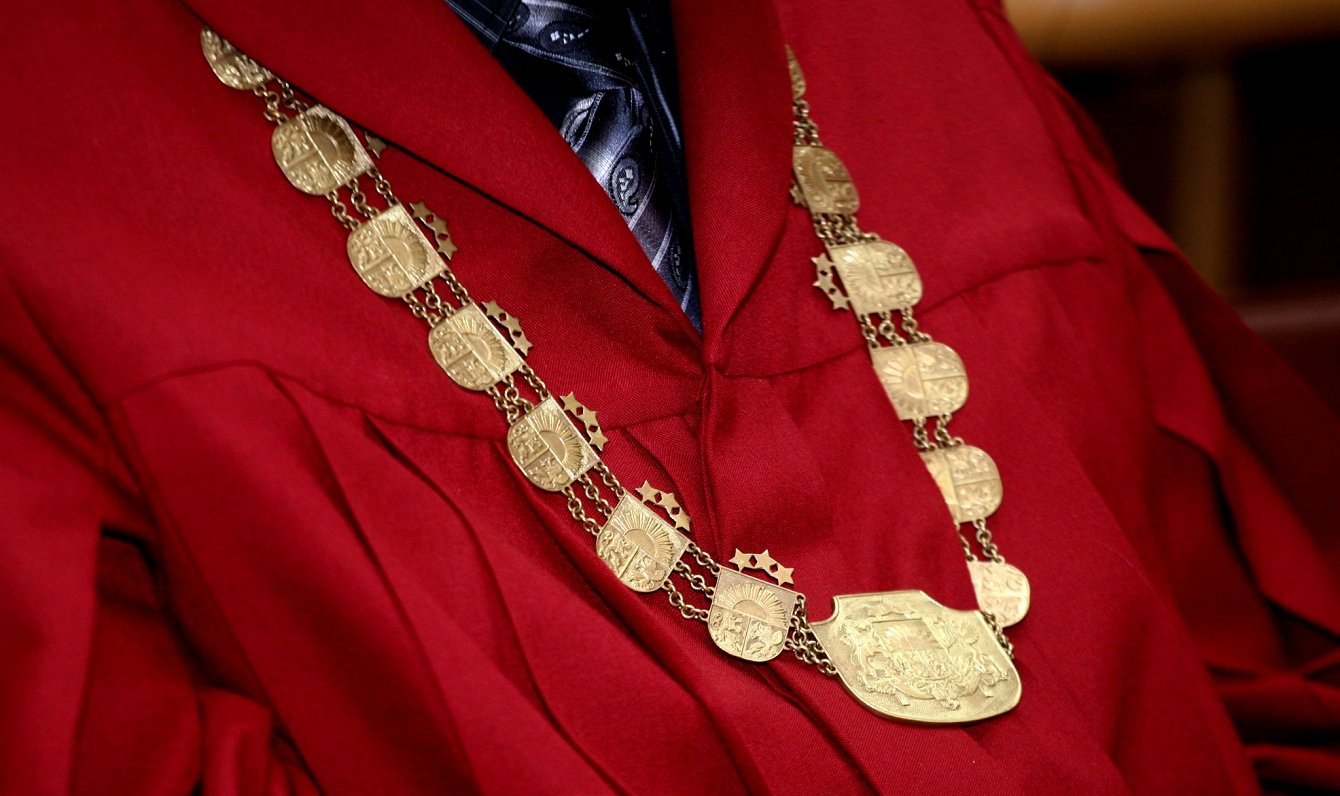Last year, a man was arrested on suspicion of a sexual offense against his wife. The court remanded him in custody but later did not extend it and released him. The man had violated the ban on contact or access to the victim on five occasions, so the police had again asked for his arrest.
This did not happen, however, and on February 1 this year, Judge Valdis Muižnieks decided to revoke the interim measures of protection against violence that had been imposed by the previous court decision.
On the same day, after the decision to lift the interim measures of protection, including the prohibition to meet, have physical or visual contact with the victim, the abuser attempted to abduct the victim.
The examination revealed that the judge based his decision to revoke the interim protection against violence mainly on a provision of the Civil Procedure Law which provides that if the decision on interim protection against violence is taken before the action is brought and the action is not brought within the time limit set by the court, the judge shall, upon receipt of a reasoned application by the plaintiff or the defendant, issue a decision to revoke the interim protection against violence.
However, as the Supreme Court has pointed out, this provision requires the examination of two criteria: whether the action has been brought within the time-limit set by the court and how well-founded the application is.
The examination of the merits of the application involves the court's obligation to ascertain that the protected person is no longer at risk.
The judge based his conclusion that there was no danger solely on the victim's explanation that she did not feel threatened, even though the judge had information about systematic violence in the marital relationship and that the man was suspected of several criminal offenses, including the commission of a particularly serious crime against the victim at a time when the court's decision on temporary protection against violence was in force.
"In such circumstances, reliance on the belief of the victim of violence is indicative of the judge's insufficient knowledge of the cyclical nature of violence and the psychology of the victim, as well as an inability to assess information about the psychological profile of the perpetrator. Moreover, in this category of cases, the judge may collect the evidence necessary for the examination of the application on his or her own initiative," the Supreme Court has stated.
It was found that Judge Muižnieks had not used information in support of his decision which was available both in the case and in the Judicial Information System and which was relevant for this type of decision. The judge also failed to take into account the recommendations and methodology of the working group established by the Judicial Council.
The Supreme Court stated that in the case of, in the event of a negative assessment of a judge's qualification in a professional performance test, the judge is given time to improve his/her performance in accordance with the law.
If the performance does not improve within the specified time, the judge loses his/her position.





























